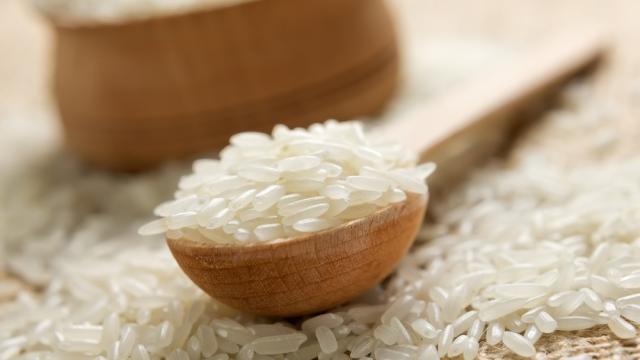We all know how a bowl of rice can save your phone after an unexpected swim, but that’s not all it can do. Before you know it, rice could be a very important ingredient inside all your devices’ batteries.
A very important part of any gadget’s lithium-ion battery is a graphite anode. But with all the thousands and thousands of portable devices out there and the coming wave of electric cars all clamouring for batteries of their own, graphite could get a little hard to come by. To deal with that, researchers are hoping to find an alternative material, which is where the rice comes in.
Silicon anodes could be a good replacement, especially if you could find a good cheap source of it. Rice husks offer exactly that. A group of researchers from South Korean have already proven the concept by taking a whole bunch of the rice-waste, heating it up, treating it with acid, and then using the extracted silicon in lithium-ion batteries. Their results were just published in Proceedings of the National Academy of Sciences and there’s good news: rice silicon is not only cheaper but is also more efficient than other silicon alloys.
And of course, supply won’t be a problem; rice farmers produce millions of tonnes of husks each year. They’re already used for things like making bricks and fueling cooking stoves, but there are more than enough husks to go around for everybody. Should be a good stop-gap until we get that whole graphene supercapacitor thing sorted out. [Wired]
